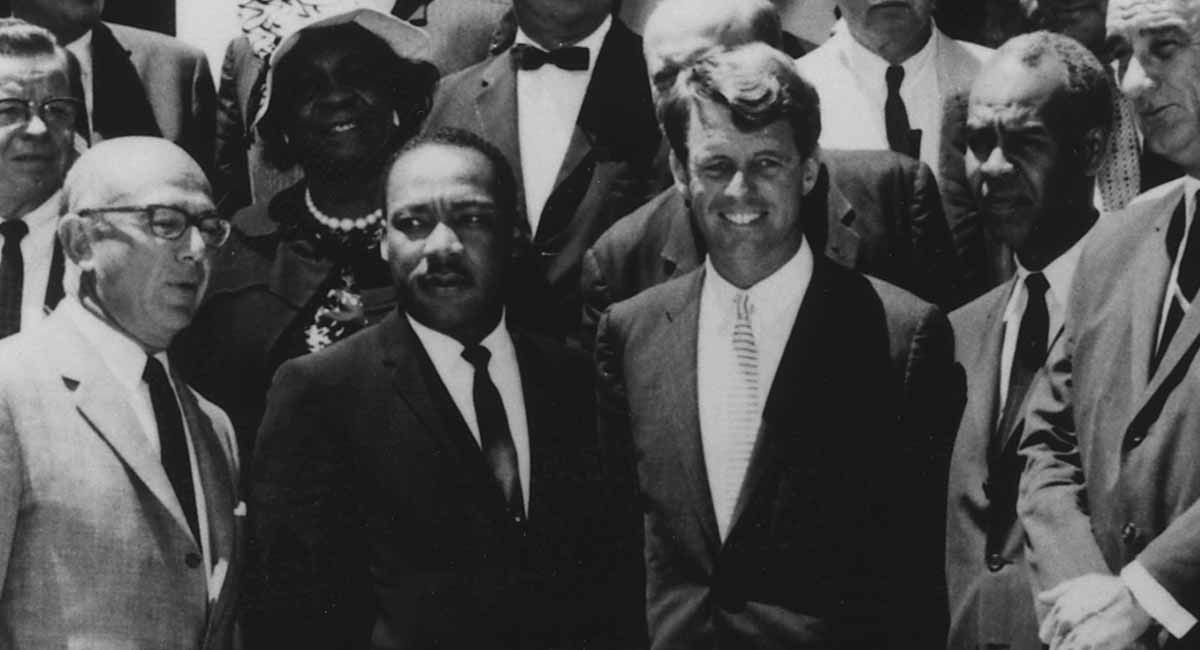Commonly called the “Gun Control Act of 1968”, the main purpose of this Act is to control interstate transfer of firearms except by licensed dealers, manufacturers and importers.
The bill was initially prompted by the assassination of U.S. President John F. Kennedy in 1963. The President was shot and killed with a rifle purchased by mail order from an ad in the magazine American Rifleman. Congressional hearings followed and a ban on mail-order gun sales was discussed, but no law was passed until 1968. At the hearings NRA Executive Vice-President Franklin Orth supported a ban on mail-order sales, stating, “We do not think that any sane American, who calls himself an American, can object to placing into this bill the instrument which killed the president of the United States.”
The April 4, 1968, assassination of Martin Luther King Jr., followed shortly by the June 5 assassination of Robert F. Kennedy, as well as the shooting at the University of Texas two years previously, compounded by shifting societal attitudes towards gun ownership, renewed efforts to pass the bill emerged. On June 11, 1968, a tie vote in the House Judiciary Committee halted the bill’s passage. On reconsideration nine days later, the bill was passed by the committee. The Senate Judiciary Committee similarly brought the bill to a temporary halt, but as in the House, it was passed on reconsideration. House Resolution 17735, known as the Gun Control Act, was signed into law by President Lyndon B. Johnson on October 22, 1968, banning mail-order sales of rifles and shotguns and prohibiting most felons, drug users, and people found mentally incompetent from buying guns. This act also included provisions that redefined the definitions of firearms within the United States and provided more rules for weapons manufacturers and licensed sellers on interstate commerce of ammunition and other firearm accessories.
When it took effect in 1968, the Gun Control Act of 1968 stated that firearm sales were prohibited to anyone who “(1) is under indictment for, or has been convicted in a court of, a crime punishable by imprisonment for a term exceeding one year; (2) is a fugitive from justice; (3) is an unlawful user of or addicted to marijuana or any depressant or stimulant drug [i.e. Hunter Biden] (as defined in section 201 (v) of the Federal Food, Drug, and Cosmetic Act) or narcotic drug (as defined in section 4731 (a) of the Internal Revenue Code of 1954)”.

